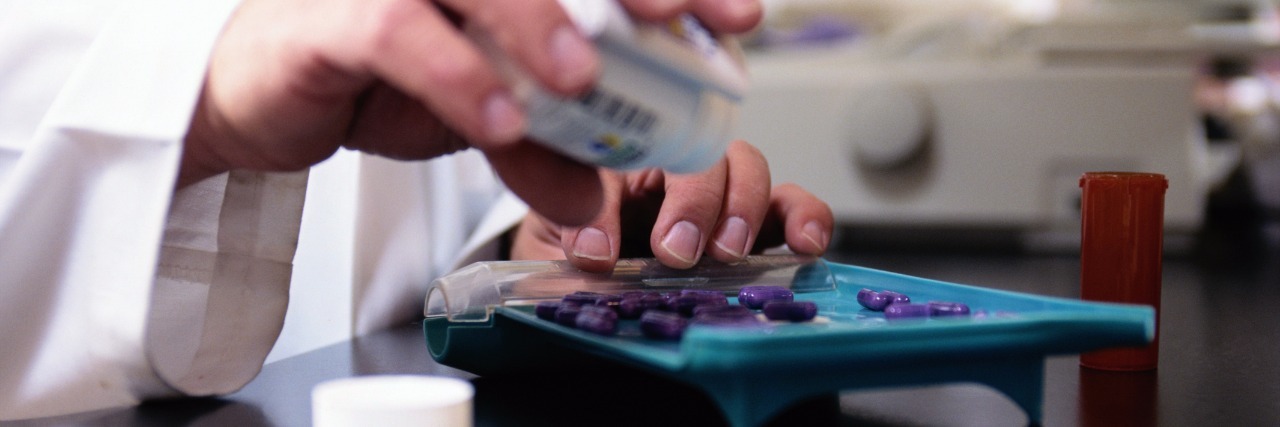A patient should choose their pharmacist carefully, as they do their physician, by finding one that is well versed in their customer’s health, keeps their medical history on file, and is very much aware of their drug interactions and side effects. A good pharmacist will take the time to discuss which food and drinks cause medication interactions, activities that need to be avoided, and what to do in case a dosage is missed. They should make the patient feel comfortable when they ask questions or if they need a consult before they leave the pharmacy.
Pharmacists not only dispense, monitor, and advise doctors and nurses on a patient’s drug therapy, they also deal with insurance companies who deny drug coverage for a variety of reasons, and are on the phone with a doctor’s office if they have a question about a script that may interfere with a patient’s other drug regime. They are the most knowledgable in the health care field when it comes to prescriptions, their uses, and are the patient’s first line of defense in catching serious issues if they are missed by the medical provider.
I consider my pharmacist a key player on my medical team. He makes sure that I achieve the best results from the treatments I take and whenever there is a problem, he’s the first to call my physician to find a solution that is appropriate for me. If he’s not able to get through to the office for a refill, I’ll take it upon myself to call them as I truly understand how busy the pharmacy gets during certain times of the day.
After I had my stroke, the attending neurologist who took care of me failed to check the computer print out I had given him with the list of what I take, as well as serious drug allergies that I’ve incurred over the years. He gave me a script that my pharmacist caught right away as something that would’ve seriously harmed me. When he told me that the physician should’ve caught it, I was so thankful that the prescription wasn’t filled. I informed him that I had given the doctor all of my information but he never read it. To this day, I’ll always be indebted to my guardian angel.
Another important thing that I learned is that mail order medications are not safe – especially for someone high risk like myself. I mentioned it to my pharmacist, and he stated that there are some medications that need to be at room temperature such as my B12 and blood thinner shots. And there are certain pills or capsules that can not be crushed, otherwise it’s of no use for what it was intended to do.
I had mail order through my husband’s employer when we were first married. It was the worst experience ever. They sent me broken pills, put me on hold for over 15 minutes most when I called, and I was lied to by customer service claiming that the RN never called in my script when she had three times. When two weeks passed and I didn’t get them, I had nothing. So, I dropped the mail order insurance company immediately and called the pharmacist. He got me what I needed within 24 hours.
Pharmacists are the unsung heroes for the very sick, especially those who have been denied by their drug insurance. They will go above and beyond by talking to the physician in trying to come up with an alternative plan that will get covered so the patient won’t have to do without their medication.
My pharmacist cares about everyone he comes in contact with, is an honest representation of where he works, and has gotten many through the confusion of the medicinal maze we’re forced to live with due to our conditions.
We want to hear your story. Become a Mighty contributor here.
Thinkstock Image By: Keith Brofsky

